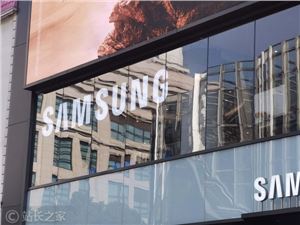Recently, a new research paper revealed significant differences in the collaborative abilities of different AI language models. The research team employed a classic "donor game" to test how AI agents share resources over multiple generations of cooperation.
The results showed that Anthropic's Claude 3.5 Sonnet performed exceptionally well, successfully establishing a stable cooperation model and achieving a higher total amount of resources. In contrast, Google's Gemini 1.5 Flash and OpenAI's GPT-4o performed poorly, with GPT-4o becoming increasingly uncooperative during the tests, and Gemini agents exhibiting very limited cooperation.

The research team further introduced a penalty mechanism to observe changes in the performance of different AI models. The results indicated that Claude 3.5 showed significant improvement, with agents gradually developing more complex cooperative strategies, including rewarding teamwork and punishing individuals who tried to exploit the system without contributing. In contrast, when penalties were introduced, Gemini's level of cooperation significantly decreased.
The researchers noted that these findings could have important implications for the practical applications of future AI systems, especially in scenarios where AI systems need to cooperate with one another. However, the study also acknowledged some limitations, such as the tests being conducted only within the same model without mixing different models. Additionally, the game settings in the study were relatively simple and may not reflect complex real-world scenarios. The research did not cover the recently released OpenAI's o1 and Google's Gemini 2.0, which could be crucial for the future applications of AI agents.
The researchers also emphasized that AI cooperation is not always beneficial, particularly in potential price manipulation scenarios. Therefore, a key challenge for the future will be to develop AI systems that prioritize human interests and avoid potential harmful collusion.
Key Points:
💡 The research indicates that Anthropic's Claude 3.5 outperforms OpenAI's GPT-4o and Google's Gemini 1.5 Flash in AI cooperation capabilities.
🔍 After introducing the penalty mechanism, Claude 3.5's cooperative strategies became more complex, while Gemini's level of cooperation significantly declined.
🌐 The study highlights that the future challenge of AI cooperation lies in ensuring that their cooperative behaviors align with human interests and avoid potential negative impacts.










